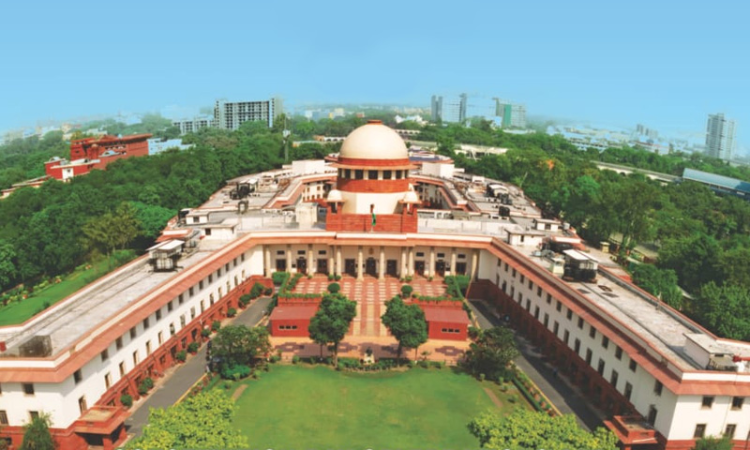Leniency Can't Be Shown For Drunken Driving Merely Because No Major Accident Occurred : Supreme Court
Srishti Ojha
26 Jan 2022 12:05 PM IST

Next Story
26 Jan 2022 12:05 PM IST
While dealing with the case of an employee's dismissal from service after being found guilty of driving under influence of alcohol, the Supreme Court of India has observed that merely because no major accident occurred leneincy can't be shown for the micconduct of drunken driving. The Court stated that driving a vehicle under the influence of alcohol is not only a misconduct but it is an...
